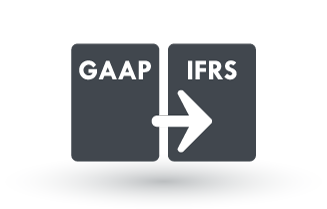A “fund origination certificate” likely refers to a document or process related to demonstrating the source and legitimacy of funds, as a certificate of origin especially when dealing with financial transactions or investments.
Here’s a breakdown of what this might entail:
- What it is:A fund origination certificate is a document that verifies the origin of funds, ensuring they weren’t obtained through illegal or suspicious means.
- Why it’s used:Financial institutions, regulatory bodies, and other entities often require this type of documentation to comply with anti-money laundering (AML) and Know Your Customer (KYC) regulations.
- Examples:
- Investment Funds: When investing in a fund, the fund manager might request a certificate to verify the source of the investor’s funds.
- Real Estate Transactions: In real estate deals, the buyer might need to provide a certificate to show where the purchase money came from.
- Large Cash Transactions:Banks and other financial institutions might require this for large cash deposits or withdrawals.
- What it might include:The certificate could include information such as:
- The source of the funds (e.g., salary, inheritance, loan).
- Details about the financial transaction or investment.
- The identity of the person or entity providing the funds.
- Supporting documentation, such as bank statements or employment contracts.
- Other related terms:
- Source of Funds: This refers to the origin of the funds being verified.
- Deal Origination: In finance, this refers to the process of identifying and securing investment opportunities.
- Certificate of Origin: This is a document used in international trade to verify the country of origin of goods




